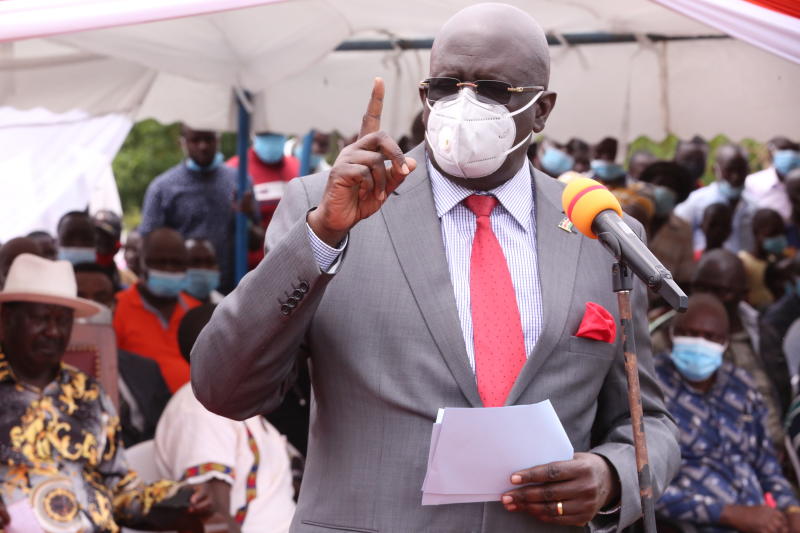×
The Standard e-Paper
Stay Informed, Even Offline

Top government officials will meet today to lay the groundwork for the construction of 10,000 classrooms to support the transition of learners from primary to junior secondary schools.
The Standard has established that Education Cabinet Secretary George Magoha will chair a meeting where County Commissioners and Ministry of Education County Directors will be taken through the project expectations, even as questions emerged on how the government plans to bridge the gap of the total number of the needed classrooms.